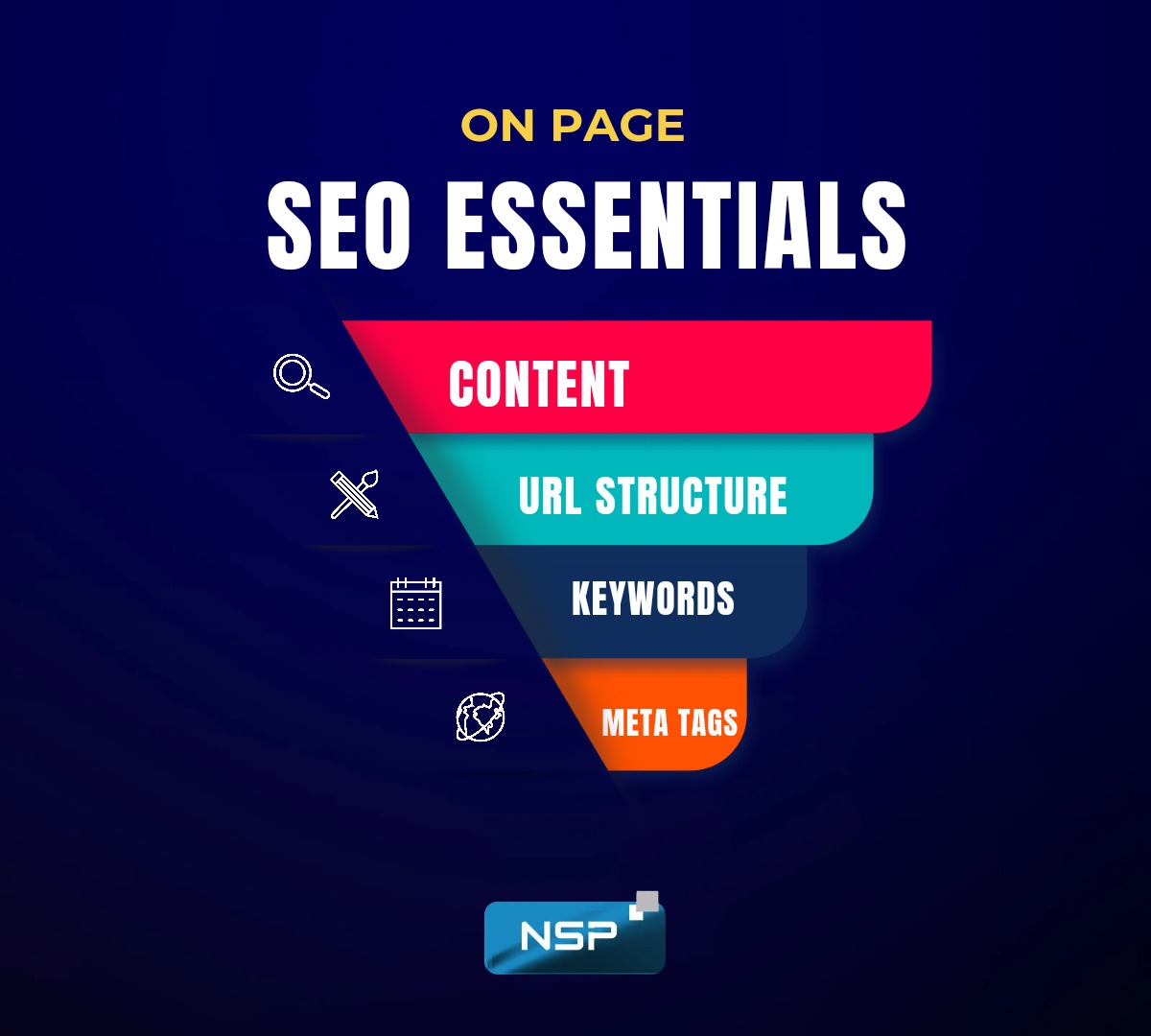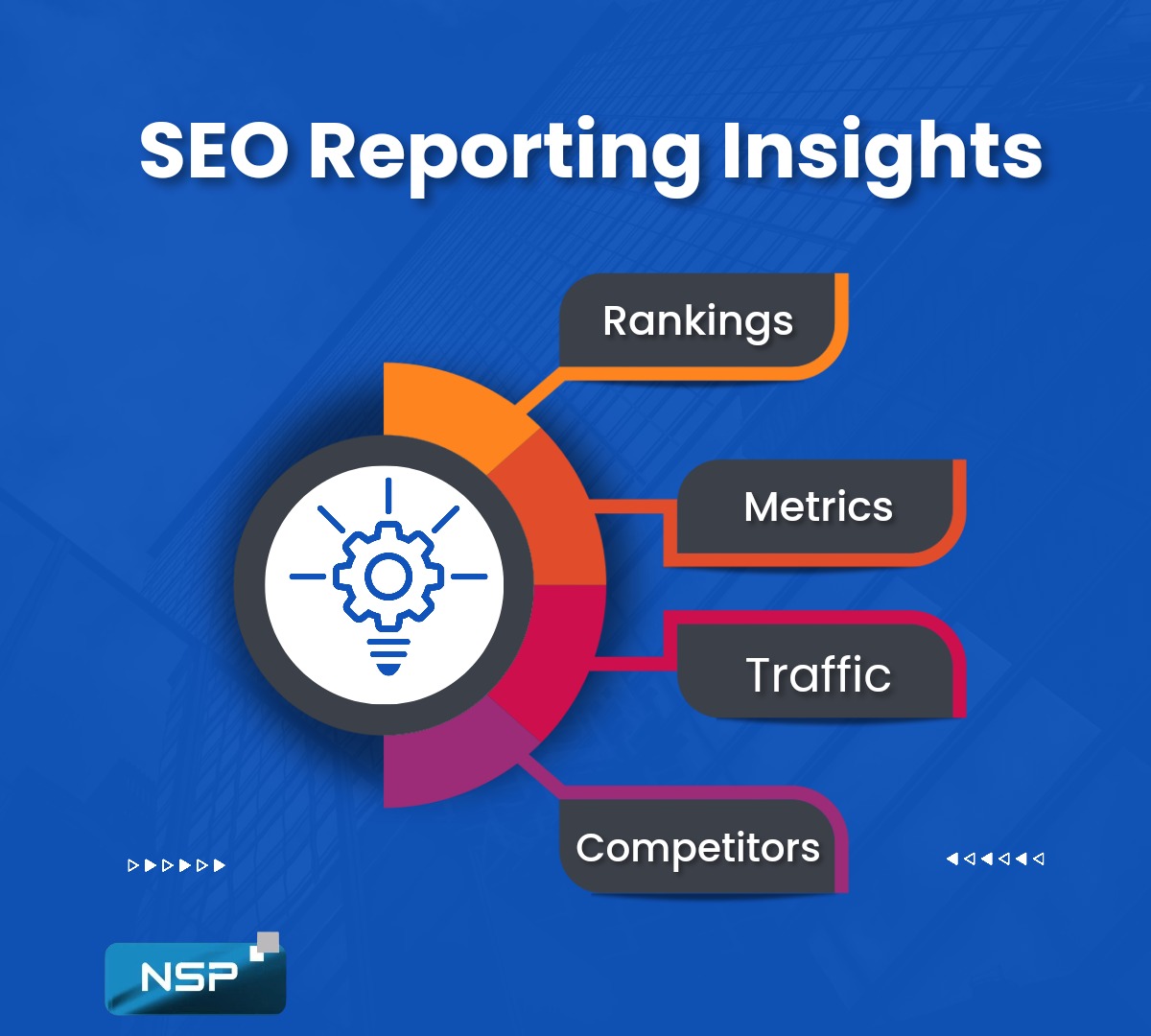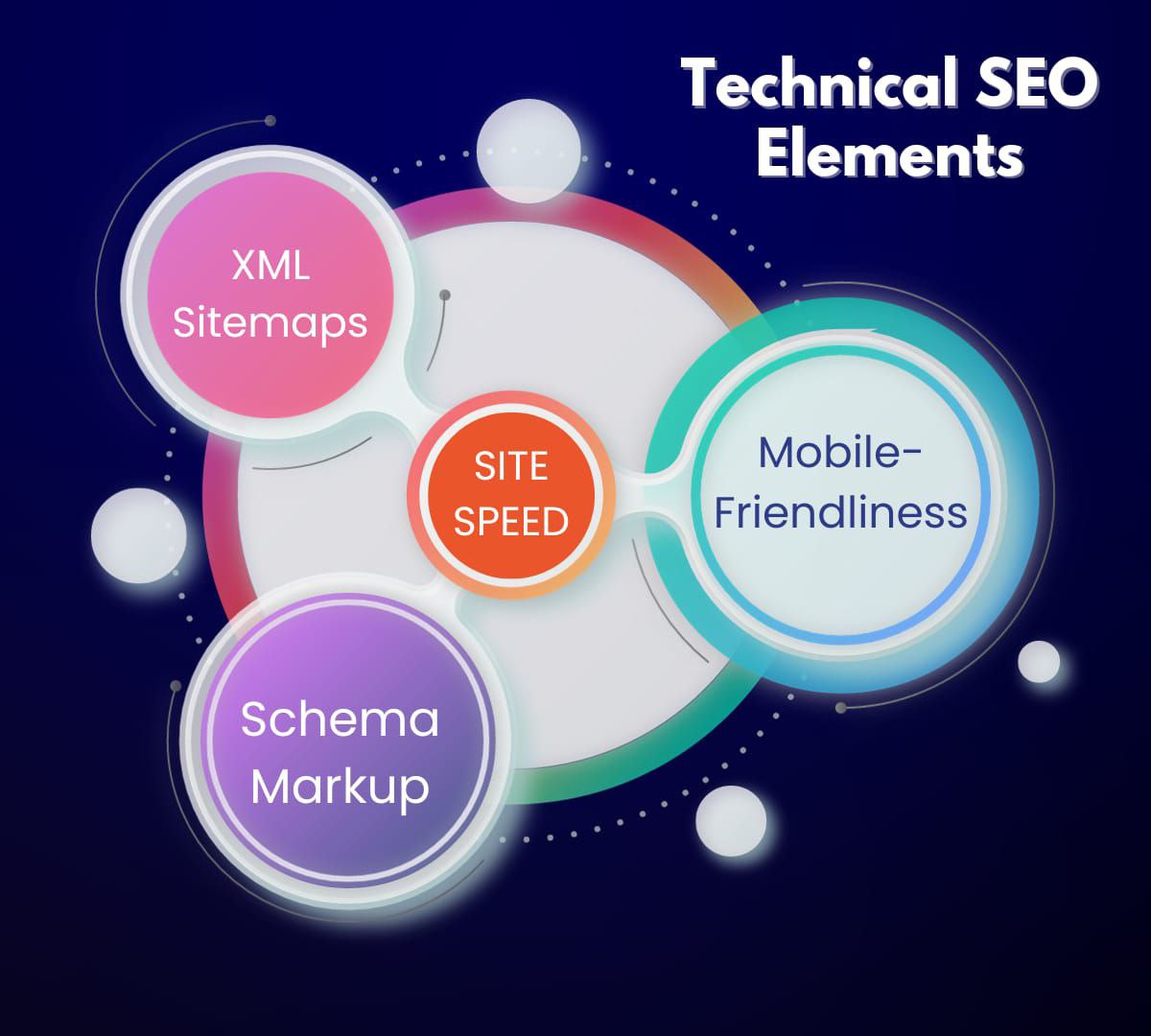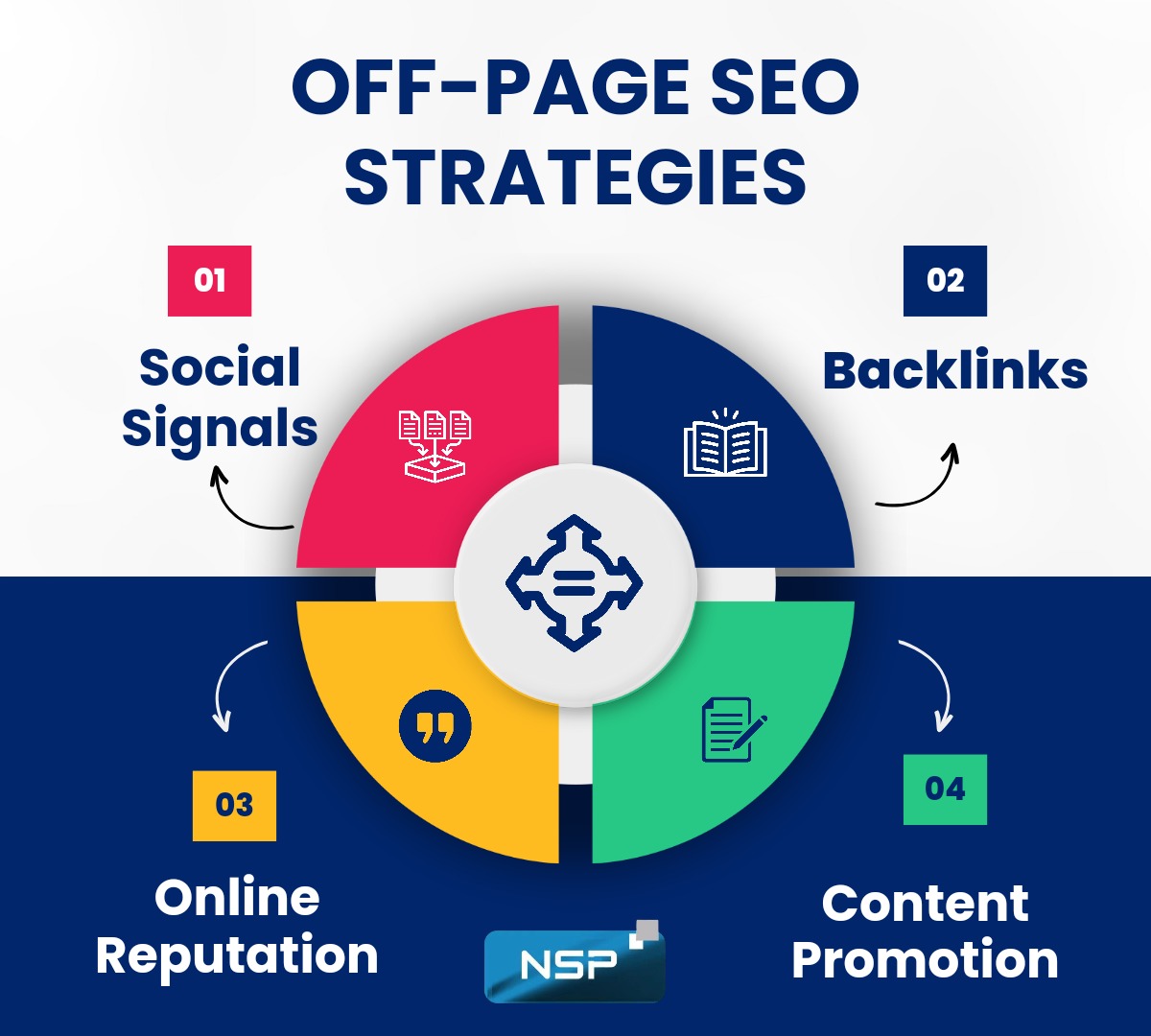

Search Engine Optimization (SEO) has become integral to digital marketing strategies for businesses across various industries. However, in recent years, the importance of SEO in the environmental sector has gained significant recognition. Environmental SEO services improve the online visibility and reach of organizations dedicated to environmental causes. This article explores the various aspects of environmental SEO, its benefits, strategies, and future trends.
In today's digital age, online presence is crucial in promoting and advancing environmental initiatives. Environmental SEO services aim to optimize websites and digital content to rank higher in search engine results, attracting more visitors and increasing engagement. With the growing awareness and concern for environmental issues, organizations in this sector must utilize SEO techniques to amplify their impact effectively.
Environmental SEO involves tailoring traditional SEO practices to the specific needs and challenges faced by organizations in the environmental sector. While the core principles of SEO remain the same, environmental SEO requires an in-depth understanding of the unique nature of environmental topics and the target audience's interests and motivations. Organizations can effectively communicate their message and drive positive change by aligning SEO strategies with environmental objectives.
Environmental SEO offers numerous benefits for organizations committed to environmental causes. Firstly, it significantly enhances online visibility, ensuring that relevant information and resources are easily discoverable by individuals seeking environmental solutions or information. A higher ranking in search engine results establishes credibility and trust, leading to increased support, partnerships, and opportunities for collaboration.
Keyword research, including environmental SEO, is critical in any SEO strategy. It involves identifying individuals' terms and phrases when searching for environmental information or solutions. Conducting thorough keyword research enables organizations to optimize their content and website for these keywords, increasing the chances of appearing in relevant search results and driving targeted traffic.
Tools such as Google Keyword Planner, SEMrush, and Moz Keyword Explorer can assist in identifying relevant keywords. For environmental SEO, it is essential to focus on both broad environmental terms and more specific keywords related to particular environmental issues, solutions, or locations.
At NSP, we bring years of experience and a deep understanding of the vintage retail industry to every SEO project. Our dedicated team of SEO experts combines industry expertise with a data-driven approach to deliver results. With our tailored strategies, transparent communication, and commitment to your success, we ensure that your vintage store achieves optimal online visibility and stands out from the competition.
On-page optimization refers to the techniques used to optimize individual web pages for search engines. Environmental websites should optimize various on-page elements, including meta tags, headings, and content, to improve search engine rankings. Incorporating relevant environmental keywords in a natural and informative manner is crucial.
Additionally, enhancing user experience and accessibility is paramount. This includes using descriptive headings, formatting content for easy readability, and optimizing website speed and mobile responsiveness. Prioritizing these aspects improves SEO and ensures a positive experience for website visitors.
Content creation lies at the heart of effective environmental SEO. Organizations should focus on developing high-quality, informative, and engaging content that addresses environmental concerns and provides practical solutions. By offering valuable insights, organizations can position themselves as thought leaders and gain the trust and support of their audience.
Storytelling techniques and visual elements, such as images, infographics, and videos, can enhance content engagement. Integrating personal stories, case studies, and real-life examples fosters emotional connections and inspires action among readers.
Building high-quality backlinks from reputable and relevant websites improves organic rankings and drives traffic. Environmental organizations can collaborate with influencers, bloggers, and other organizations in the sector to earn backlinks through content partnerships and guest blogging.
Social media platforms also offer opportunities for link-building and outreach. By leveraging social media presence and engaging with the online environmental community, organizations can amplify their reach and attract a larger audience.
Implementing local SEO strategies is crucial for environmental businesses with a regional focus. Optimizing local listings and directories ensures that organizations appear prominently in local search results. Encouraging positive customer reviews and testimonials further enhances credibility and attracts potential supporters or customers.
Targeting location-specific keywords and incorporating geotagging in content and website metadata can significantly improve local search visibility. This enables organizations to connect with individuals actively seeking local environmental solutions or initiatives.
Tracking and measuring key performance indicators is essential to evaluate the effectiveness of environmental SEO efforts. Various SEO analytics tools, such as Google Analytics and Google Search Console, provide valuable insights into website traffic, keyword rankings, and user behavior. By analyzing these metrics, organizations can identify areas for improvement and make data-driven optimizations to their SEO strategy.
As the environmental sector continues to evolve, so does the field of environmental SEO. Emerging trends and technologies, such as voice search optimization, artificial intelligence, and semantic search, will likely shape the future of SEO in this sector. Keeping up with these developments and adapting strategies accordingly will be crucial for organizations to stay relevant and practical.
Environmental SEO services have become essential for organizations in the environmental sector to effectively communicate their message, reach a wider audience, and drive positive change. Organizations can increase their visibility, credibility, and engagement by optimizing their online presence and utilizing strategies tailored to the sector's unique needs. Embracing environmental SEO enables organizations to impact environmental issues and foster a sustainable future significantly.

Environmental SEO helps organizations in the environmental sector increase their online visibility, credibility, and engagement, attracting more support and driving positive change.
Keyword research enables organizations to identify the terms and phrases individuals use when searching for environmental information, allowing them to optimize their content and website for relevant keywords.
Developing high-quality, informative, and engaging content that addresses environmental concerns, provides solutions, and utilizes storytelling techniques can enhance content engagement and inspire action.
Building high-quality backlinks from reputable websites and engaging with influencers and organizations in the environmental sector through content partnerships and guest blogging can improve organic rankings and drive traffic.
The future of environmental SEO involves adapting to emerging trends and technologies, such as voice search optimization, artificial intelligence, and semantic search, to stay relevant and effective in the evolving environmental sector.


